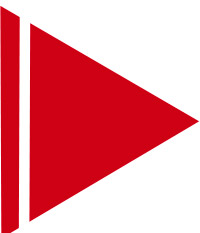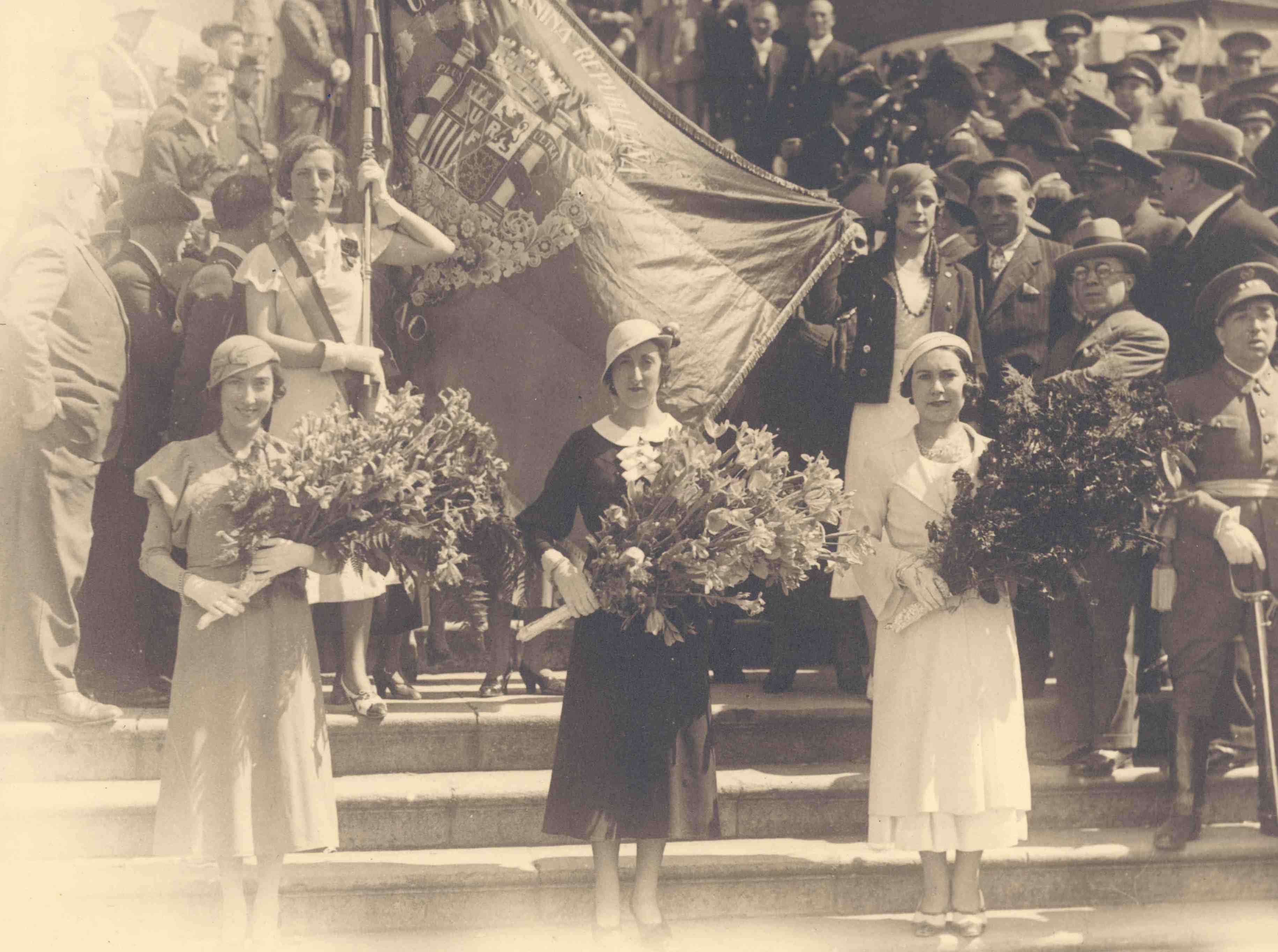In 1931, the II Republic was proclaimed. This followed the municipal elections held on 12 April that resulted in the victory of candidacies favorable to the Republic and a corporation structured in three blocs: the Anti-monarchic Bloc (Republicans, Socialists and Basque Nationalist Action), the Basque Nationalist Party and Monarchic Concentration.
Ernesto Ercoreca, leader of Bilbao republicanism, was elected mayor of Bilbao. The new corporation promoted public works to improve services and reduce the high level of unemployment. It introduced programs of investment in education and culture to reduce illiteracy and increase levels of education. It also encouraged the secularization of public life with the suppression of religious festivities and public symbols (project for the elimination of the sculpture of the Sacred Heart of Jesus) and the democratization of public life. But all of this was cut short from 1934 with the disqualification of the corporation, the imprisonment of the mayor, E. Ercoreca, and his replacement by a Management Committee, presided over by Pablo Barrera and Manuel Frías successively. Finally, the victory of the Popular Front in 1936 contributed to restoring the corporation that had been elected in 1931, as well as the mayor, E. Ercoreca.



